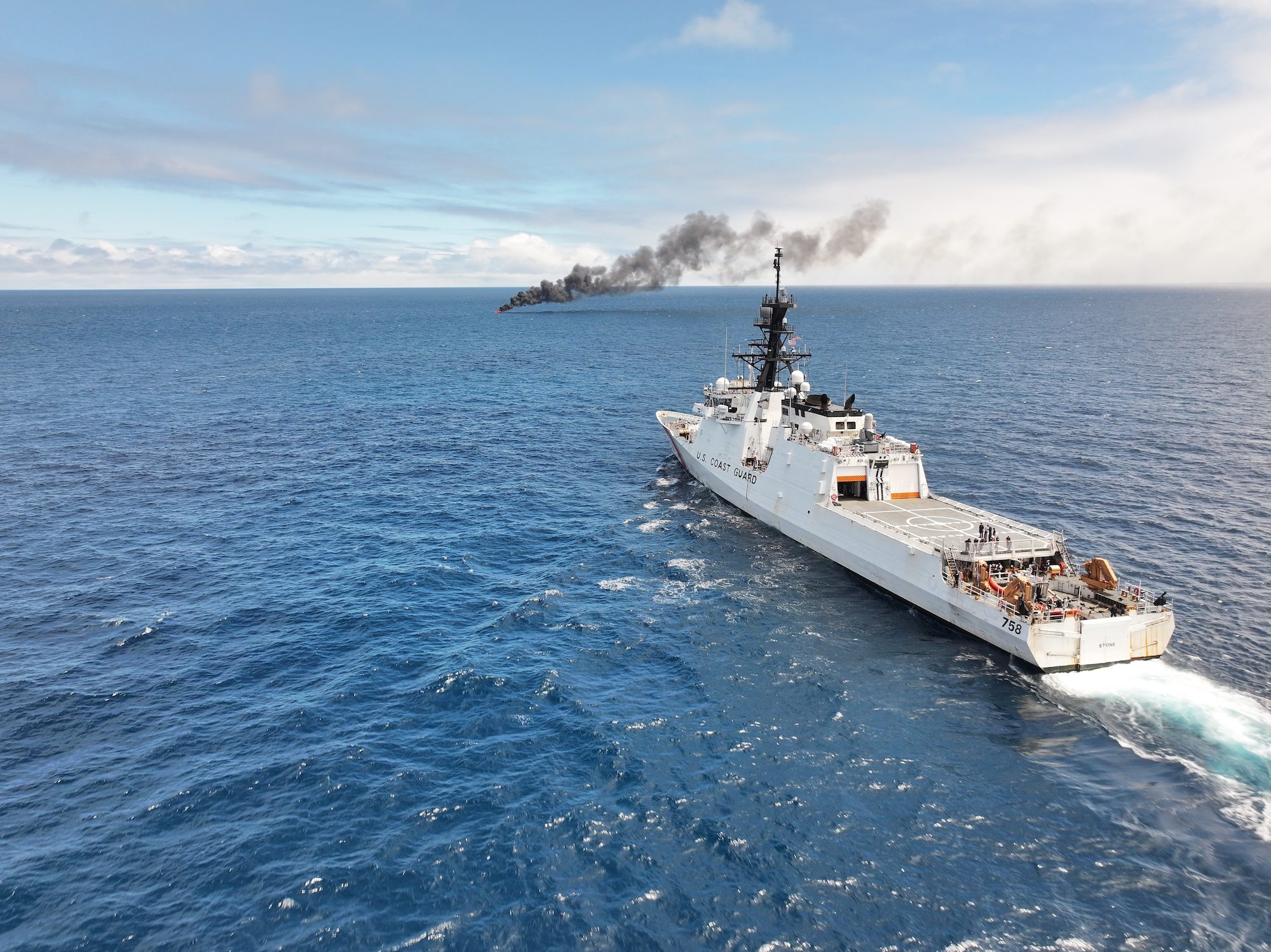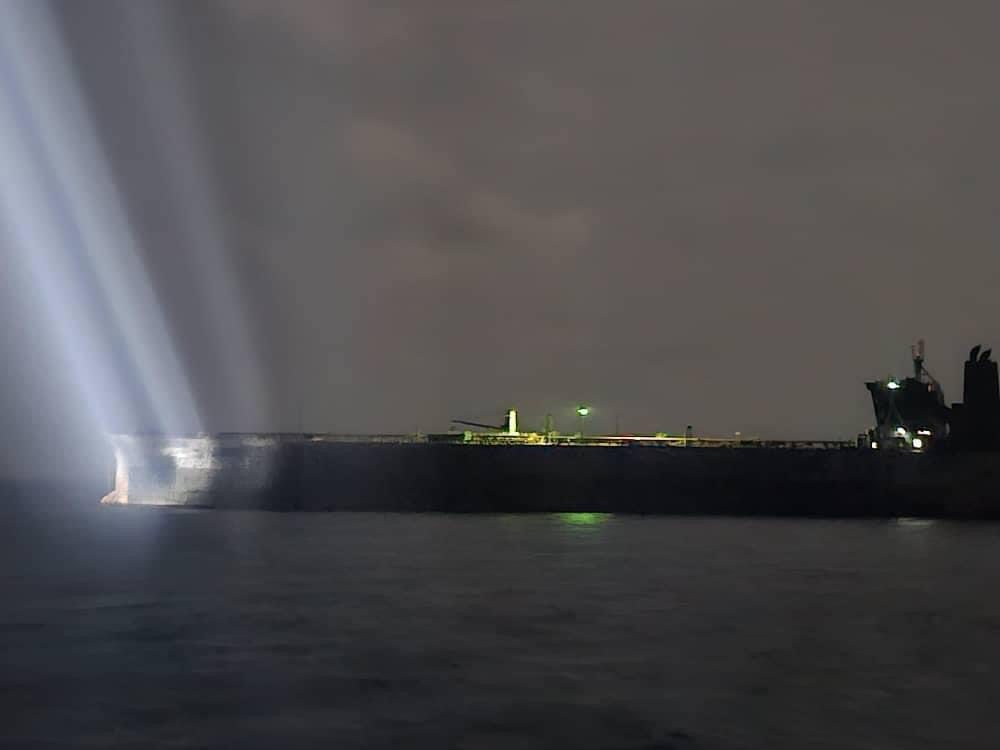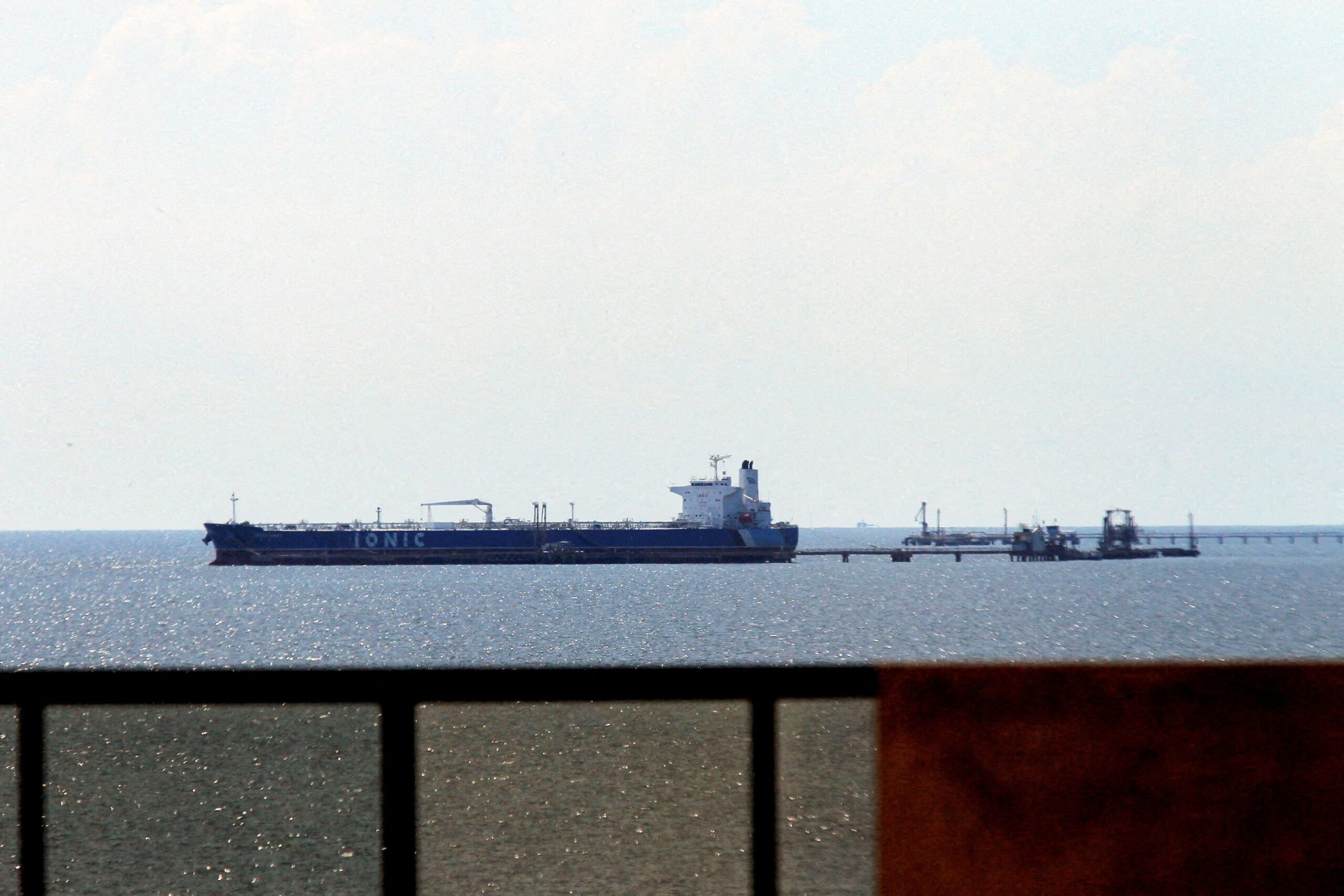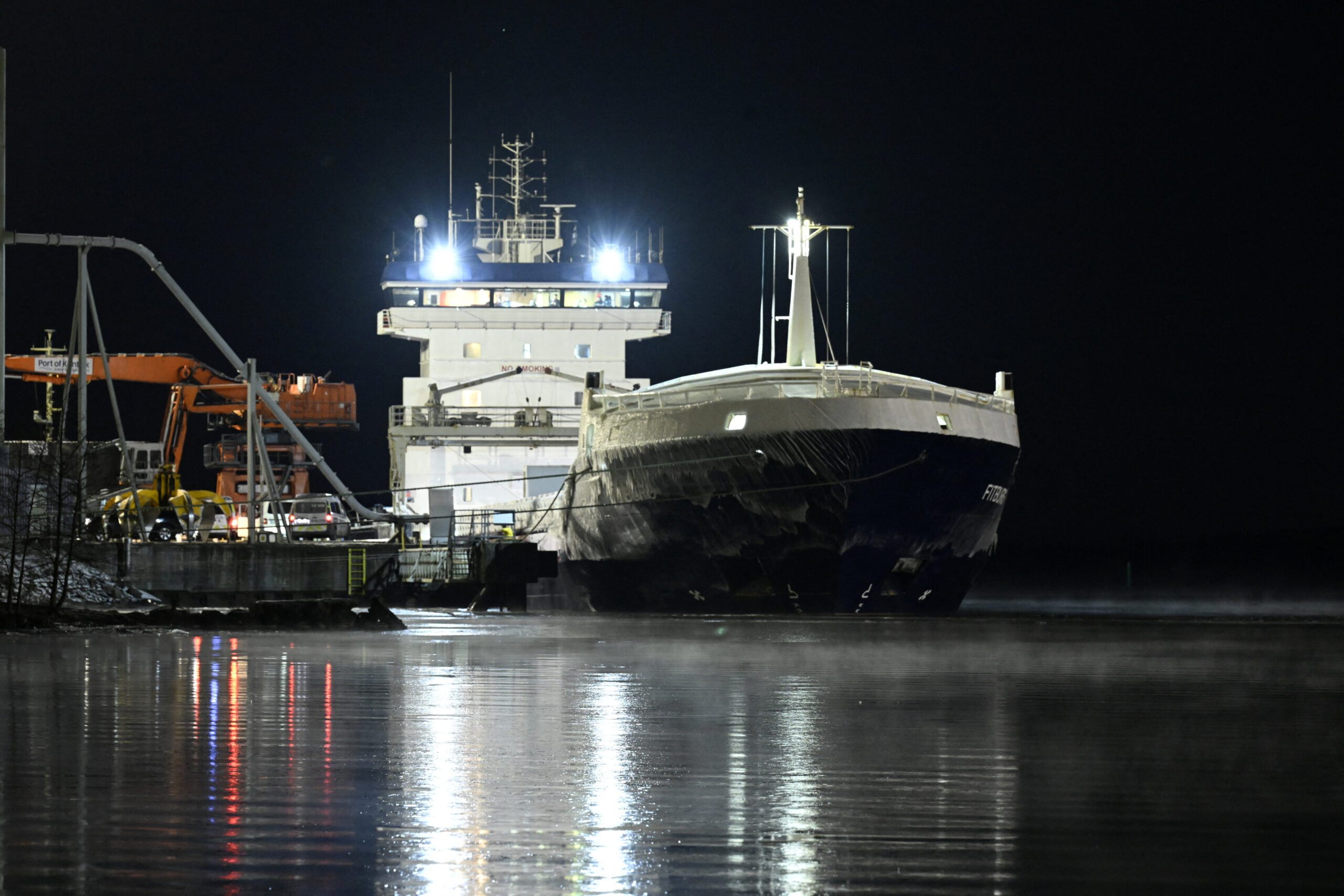The U.S. Coast Guard has seized more than 40,000 pounds of cocaine in the Eastern Pacific Ocean since launching Operation Pacific Viper in early August, maintaining an unprecedented daily interdiction rate exceeding 1,600 pounds.
The counter-narcotics operation, which began August 8, has resulted in 14 interdictions and the apprehension of 36 suspected drug smugglers.
Operation Pacific Viper represents an intensification of the Coast Guard’s counter-drug efforts in the Eastern Pacific, a critical corridor for narcotics flowing from South America. The initiative has deployed additional assets including cutters, aircraft, and tactical teams to disrupt transnational criminal organizations attempting to traffic illicit drugs into the United States.
“The U.S. Coast Guard brings unique authorities and unmatched capabilities as the world’s leader in maritime counter-drug operations,” said Rear Adm. Douglas Schofield, acting deputy commandant for operations. “We are leveraging our full range of capabilities to disrupt transnational criminal organizations and cartels and prevent the scourge of illicit drugs from reaching our communities.”
The success of Operation Pacific Viper was recently highlighted when Coast Guard Cutter Hamilton offloaded 76,140 pounds of illicit drugs at Port Everglades, Florida, including 61,740 pounds of cocaine and 14,400 pounds of marijuana. This marked the largest offload in Coast Guard history, resulting from 19 interdictions across the Eastern Pacific and Caribbean.
These operations involve significant coordination between agencies. The U.S. Southern Command’s Joint Interagency Task Force-South in Key West handles detection and monitoring of illegal drug movements, while the Coast Guard’s Southwest District, headquartered in Alameda, California, directs the law enforcement phase of interdictions.
As the nation’s lead federal agency for maritime drug interdiction, the Coast Guard continues its mission as part of the Department of Homeland Security while simultaneously serving as a military branch within the joint defense force.

 Join The Club
Join The Club











